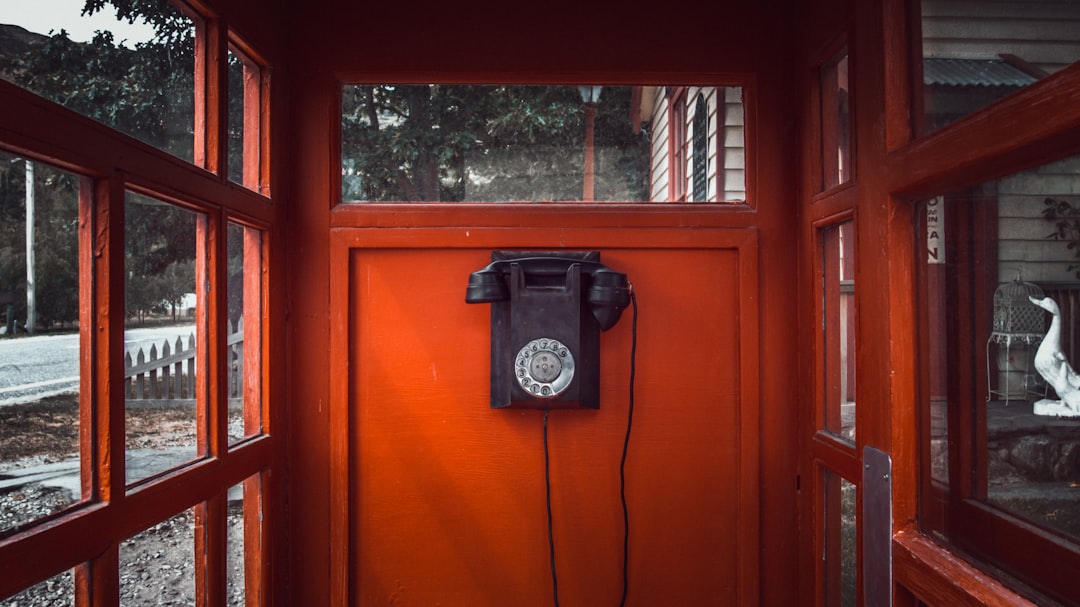No Call Laws in Phoenix, Arizona, are a powerful tool for residents to protect their privacy from unwanted telemarketing calls. By registering on the state's Do Not Call list and utilizing specific consumer rights, citizens can enjoy peace and reduced communication intrusion. Scottsdale, a city within Phoenix, has successfully enforced these laws through education, strict monitoring, and collaboration with telecom providers, setting an example for effective implementation. While challenging for businesses reliant on cold calling, these laws have led to strategic adaptations, balancing the interests of residents and companies through ongoing dialogue and compliance. Prompt action by residents and cooperation among stakeholders ensure No Call Laws in Phoenix protect privacy rights without disrupting legitimate business opportunities.
“Scottsdale, a vibrant metropolis, is taking proactive steps to educate its residents about No Call Laws in an effort to ensure compliance and respect for individual privacy. This article serves as a comprehensive guide for Phoenix residents seeking to understand these laws. We’ll explore Scottsdale’s unique approach to enforcement, delve into the impact on metropolitan areas, and provide practical tips on exercising your No Call rights. By understanding these regulations, residents can protect themselves from unwanted calls and know what actions to take if their rights are violated.”
Understanding No Call Laws: A Basic Guide for Phoenix Residents

In the bustling city of Phoenix, understanding and adhering to No Call Laws is essential for residents looking to protect their privacy. These laws, designed to curb unwanted telemarketing calls, give consumers the power to control their communication preferences. At its core, No Call Laws Phoenix aim to prevent excessive or unsolicited phone contact, ensuring residents can enjoy peace of mind in their homes.
Phoenix residents can register their phones on the state’s Do Not Call list, effectively blocking most commercial calls. This simple step significantly reduces the number of unwanted interactions, especially during personal time. By following these regulations, both businesses and citizens contribute to fostering a more respectful and responsive community, where communications are initiated by those who wish to engage, rather than forced upon unwilling recipients.
Scottsdale's Approach to Enforcing No Call Laws

Scottsdale, a city in Phoenix, has been proactive in its approach to enforcing No Call Laws, aiming to protect residents from unwanted phone solicitations. The city’s strategy involves a combination of public education and strict enforcement. They organize community workshops and informational campaigns to raise awareness about the rights of residents under No Call Laws, empowering them to make informed choices regarding their privacy. These efforts include distributing educational materials and utilizing local media to reach a wide audience.
Moreover, Scottsdale’s law enforcement team actively monitors and investigates complaints related to phone scams and unsolicited calls. They work closely with local telecom providers to block known spam numbers and implement robust tracking systems to identify recurring offenders. Such proactive measures have significantly reduced violation rates, making Scottsdale a model for effective No Call Law enforcement in Phoenix.
The Impact and Challenges of No Call Laws in a Metropolitan Area

In metropolitan areas like Phoenix, No Call Laws are a double-edged sword. While they offer residents much-needed respite from relentless telemarketing and fraudulent calls, their impact is felt more broadly across industries that rely heavily on cold calling for sales and customer service. This sudden shift has presented businesses, particularly small enterprises, with significant challenges in reaching potential customers. Many have had to adapt by refining their marketing strategies, leveraging digital channels, and enhancing internal processes to ensure compliance while maintaining sales targets.
The implementation of No Call Laws in Phoenix has also created a complex navigation landscape for both businesses and residents. Companies must carefully study the regulations to avoid penalties, leading to increased operational costs and potential delays in customer interactions. Residents, on the other hand, now enjoy fewer interruptions but may miss out on legitimate business opportunities or support services that once reached them via phone calls. Balancing these interests requires continuous dialogue between regulatory bodies, businesses, and residents to ensure that No Call Laws serve their intended purpose without causing undue disruptions in the Phoenix metropolitan area.
How You Can Make Use of No Call Rights and What To Do If Violated

In Arizona, including Phoenix areas like Scottsdale, residents now have powerful tools at their disposal thanks to No Call Laws. These laws are designed to protect individuals from unwanted phone calls, especially from telemarketers and debt collectors. Understanding your rights is the first step to exercising them effectively. You can register your number on the State’s Do Not Call list, which will automatically block most commercial calls. Additionally, many states, Arizona included, have specific rules for when companies can contact you, like requiring explicit consent or allowing calls only during certain hours.
If, despite these measures, you find yourself receiving persistent or unwanted calls, it’s crucial to know what to do. Document the caller’s information, including dates and times of the calls, and any specific details about the marketing or collection attempts. You can then file a complaint with the Arizona Attorney General’s office or your local consumer protection agency. These entities take such violations seriously, and acting promptly can lead to consequences for violators, ensuring your rights are respected and No Call Laws in Phoenix are upheld.






